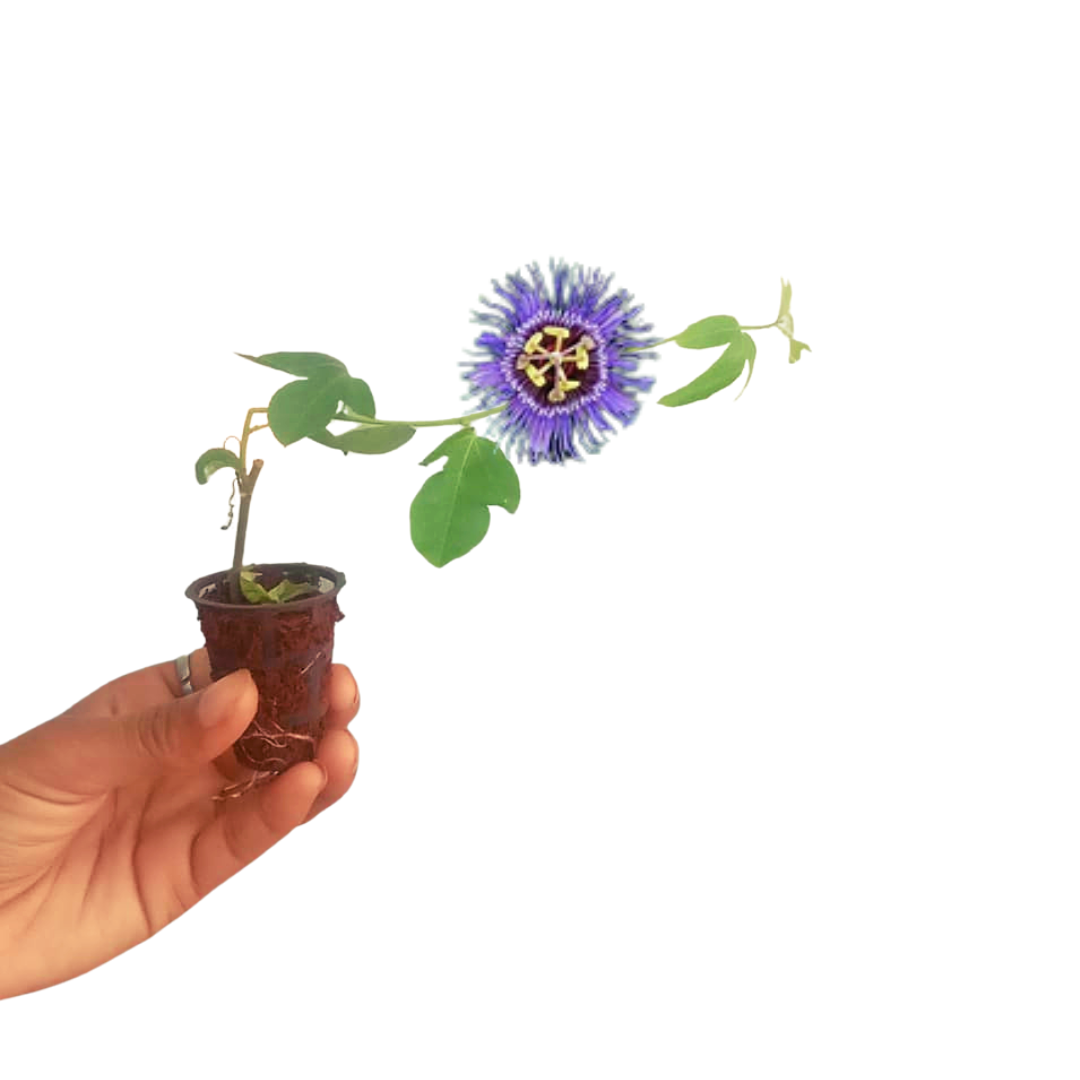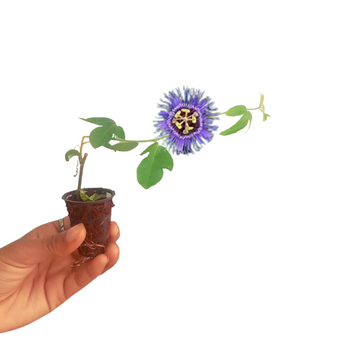Passion flowers have a long history of use in traditional medicine for various health benefits. Some of the potential benefits of passion flower include:
-
Anxiety relief: Passion flower has been shown to have calming effects on the nervous system, which may help to reduce feelings of anxiety and stress.
-
Insomnia relief: Passion flower has sedative properties that may help to promote relaxation and improve sleep quality.
-
Digestive aid: Some studies have suggested that passion flower may help to relieve digestive issues such as irritable bowel syndrome (IBS), bloating, and indigestion.
-
Pain relief: Passion flower has been traditionally used to relieve pain, and some studies have suggested that it may be effective in reducing inflammation and discomfort.
-
Anti-inflammatory properties: Passion flower has been shown to have anti-inflammatory effects, which may help to reduce the risk of chronic diseases such as heart disease and cancer.
-
Antioxidant properties: Passion flower contains high levels of antioxidants, which may help to protect against oxidative stress and reduce the risk of certain diseases.
While more research is needed to fully understand the potential health benefits of passion flower, it is considered safe for most people when used as directed. However, as with any herbal supplement or medication, it's always a good idea to talk to your healthcare provider before using passion flower for medicinal purposes.
How To Handle These Small Tissue culture Plants.
Tissue culture is a effective technique to produce plants on larger scale and in more economic ways. This method is usually use for very rare species which grow very slowly. Tissue culture plants, also known as in vitro plants, are produced in a laboratory using a technique that involves growing plants from small tissue samples. These plants are typically sold in small pots and require specific care to ensure their survival. Here are some tips on how to care for tissue culture plants:
-
Acclimatization: When you first receive your tissue culture plant, it's essential to acclimatize it to its new environment slowly. Place the plant in a shaded spot for the first few days and gradually move it to a brighter location as it adjusts to its new home.
-
Watering: Tissue culture plants have a delicate root system and require careful watering. Allow the soil to dry out slightly between watering, and ensure the pot has adequate drainage to avoid waterlogged soil.
-
Light: Most tissue culture plants prefer bright, indirect sunlight. Avoid placing them in direct sunlight, which can scorch the leaves.
-
Humidity: Tissue culture plants often require higher humidity levels than typical houseplants. Consider using a humidifier or placing a tray of water near the plant to increase humidity.
-
Fertilization: Tissue culture plants require regular fertilization to thrive. Use a balanced fertilizer every two weeks during the growing season.
-
Repotting: As your tissue culture plant grows, it may require repotting. Use a well-draining soil mix, and be gentle when handling the delicate roots.
-
Pest control: Keep an eye out for common houseplant pests like spider mites or aphids, which can quickly infest tissue culture plants. Regularly check the plant for signs of infestation and treat as necessary.
Why Budsnblush















